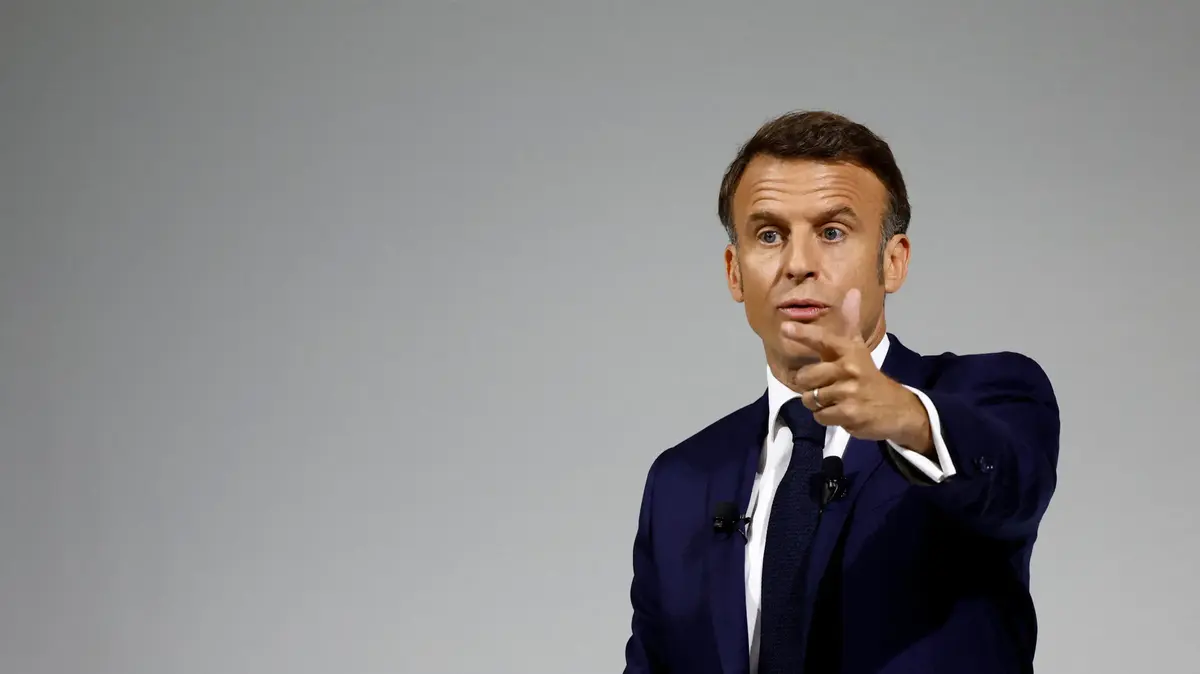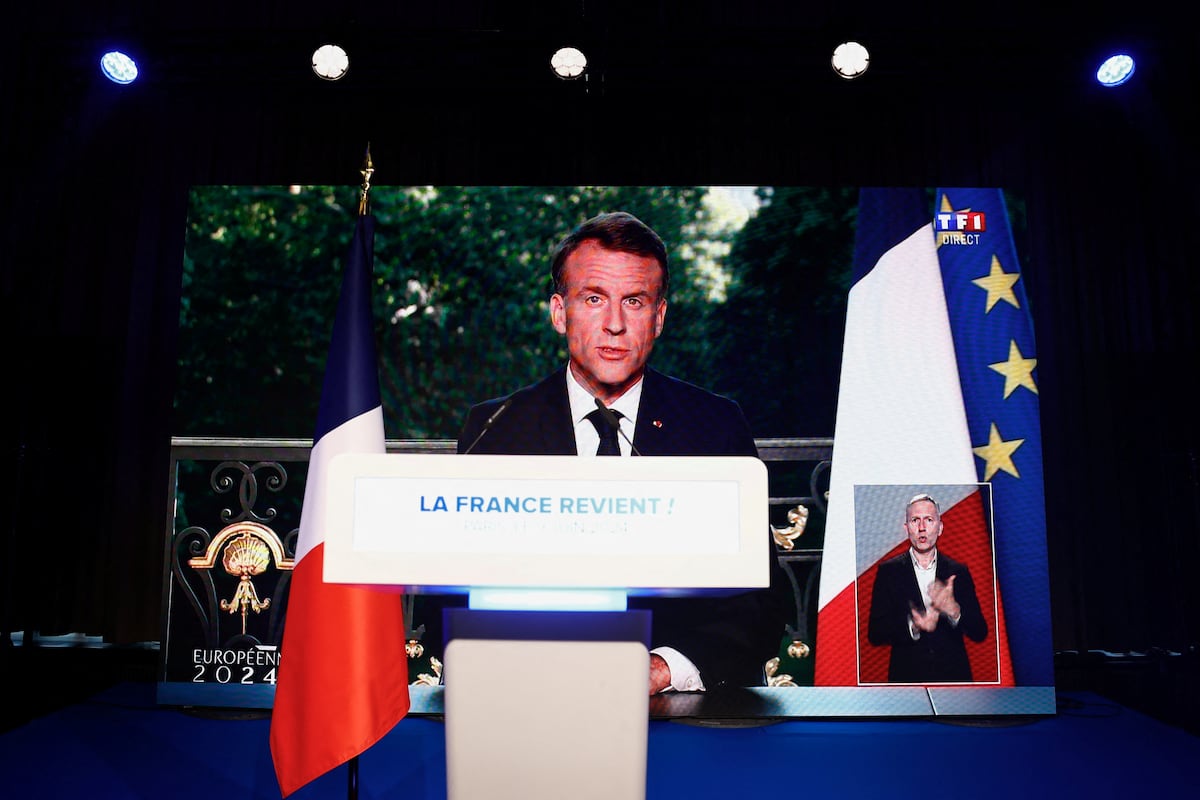The recent European Parliament elections have sent shockwaves throughout the political landscape of Europe. Over a span of four days, Europeans cast their ballots to elect new members to the European Parliament. The final results highlight a notable shift towards the right, with the far-right parties making significant gains at the expense of centrist and liberal groups.
The center-right bloc, represented by the European People's Party (EPP), has maintained its position as the leading force, securing 181 out of the 720 seats. The Socialists and Democrats (S&D) group retained their place as the second-largest bloc with 135 seats, while the liberals and environmental parties suffered substantial losses. An exit poll showed that far-right parties were poised to win about 150 seats, marking a record number and raising concerns about the future direction of Europe.
French President Emmanuel Macron faced a particularly harsh defeat, with Marine Le Pen's far-right National Rally party outperforming his Renaissance Party. In light of these results, Macron announced the dissolution of the French National Assembly and called for new general elections on June 30. This decision underscores the severity of the political situation in France, where far-right sentiment is gaining significant traction.
Germany also witnessed a dramatic shift. The Christian Democrats (CDU) led the results, but the far-right Alternative for Germany (AfD) came in second, leaving Chancellor Olaf Scholz's Social Democrats (SD) with their worst result in history at 14%. The implications of this outcome are expected to resonate in the upcoming state elections in eastern Germany, where the AfD's influence is on the rise.
The election results have sparked discussions about the potential for political instability within the European Parliament. Forming the majorities necessary to pass legislation will likely become more challenging, as traditional centrist parties will need to contend with the growing influence of the far-right.
Political analysts emphasize that the rise of nationalistic and far-right ideologies is not confined to one or two countries but is a broader European and global phenomenon. This trend has been simmering since the era of former President Nicolas Sarkozy in France and has now spread to various European nations including the Netherlands, Belgium, and Italy. In Italy, Prime Minister Giorgia Meloni, known for her anti-immigration stance, represents this shift.
The results indicate a profound shift in voter sentiment across Europe, driven by issues related to immigration and national sovereignty. Both Macron's and Scholz's strategies and policies may need reevaluation as they navigate their respective political challenges. With this backdrop, many experts foresee a period of significant political reorientation and a potential move away from the idea of a federal Europe towards more nationalistic policies.
- Political science experts believe that if voting were made compulsory in Europe, it could alter the political landscape significantly, especially concerning immigration policies. Such a measure could enable more balanced representation and potentially curb the influence of the far-right.
- The impact of the European elections extends beyond immediate political shifts. The results may influence long-term policy directions concerning social welfare, economic recovery in the post-pandemic era, and the continent's approach to handling external threats and internal security.
- European Commission President Ursula von der Leyen highlighted the importance of unity and stability during these turbulent times. She called on centrists within the European Parliament to set aside their differences and unite against extremism.
- The transition of political power and influence within the European Parliament will determine the legislative priorities and the overall trajectory of European integration and cooperation over the next five years.





